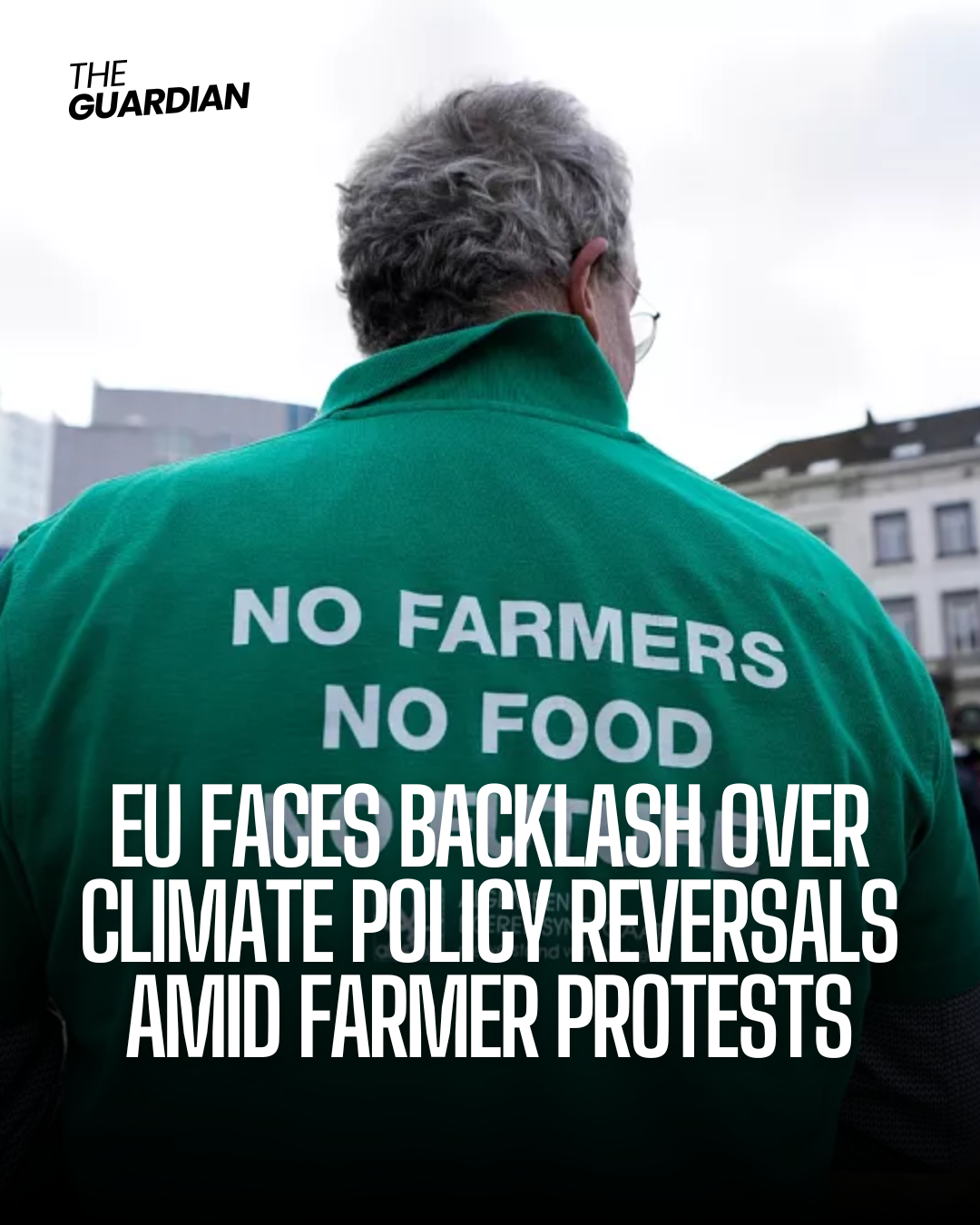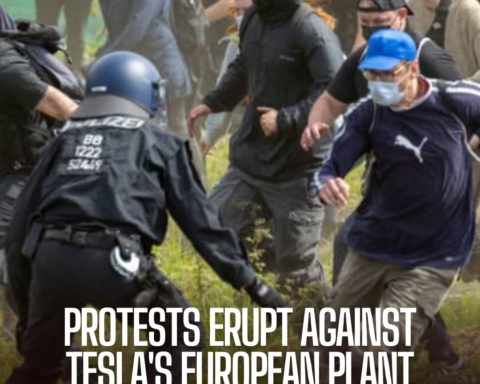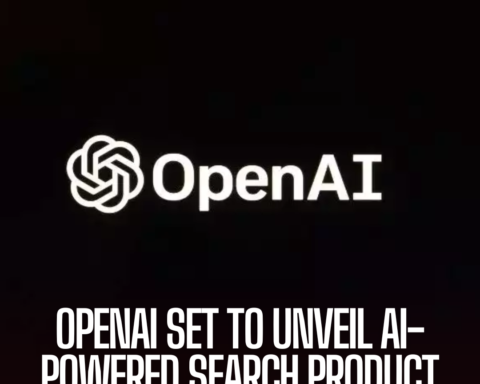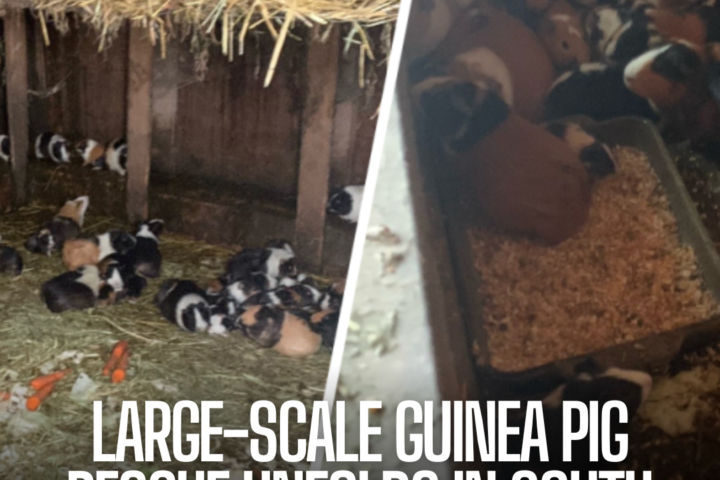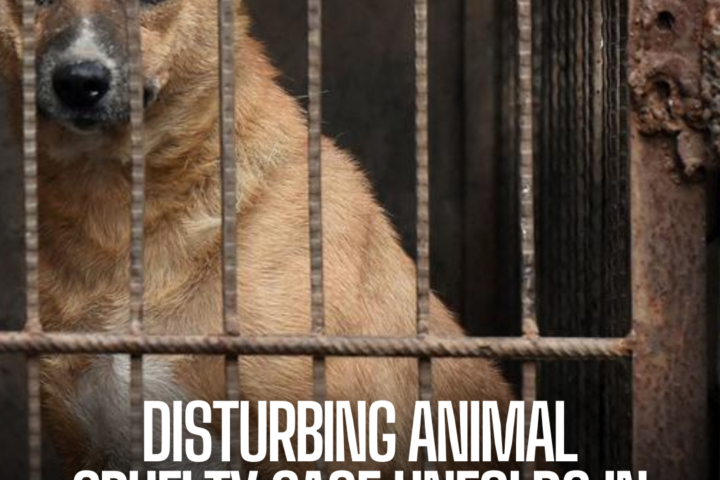The European Union, long hailed as a leader in environmental protection, is under scrutiny as it adjusts its climate policies in response to widespread farmer protests across the continent.
The European Commission, the EU’s executive arm, has recently announced plans to abandon its proposal to halve pesticide use and exclude the agricultural sector from strict emission reduction targets.
Growing Concerns Over EU’s Ability to Achieve Carbon Neutrality Goals:
In an interview with CNBC, EU’s Agriculture Commissioner Janusz Wojciechowski defended the U-turns, citing concerns about fairness towards farmers.
He emphasized the need for financial subsidies to incentivize greener practices in the agricultural sector.
While the EU remains committed to becoming carbon neutral by 2050 and reducing greenhouse gas emissions by at least 55% by 2030, concerns arise over whether these targets can be met in light of recent policy changes.
Political Shifts and Economic Pressures Driving Farmer Protests:
The reassessment of climate policies coincides with the approach of EU parliamentary elections, expected to usher in more far-right and fringe lawmakers. Professor Alberto Alemanno from H.E.C.
Paris Business School predicts that the next EU political cycle may be less green, potentially hindering the implementation of initiatives like the Green New Deal.
Farmer protests stem from various factors, including rising costs, increased debt, competition from cheaper markets, and declining sale prices.
The average price of agricultural products has significantly declined, amplifying financial challenges for farmers.
Calls for Investment Support Amid Agricultural Challenges:
Luc Vernet, secretary general of Farm Europe, highlights the need for increased investment support for farmers. With limited access to affordable financing, farmers face obstacles in transitioning towards greener practices.
The Common Agricultural Policy, a cornerstone of EU legislation, provides substantial subsidies to the agricultural sector but may require adjustments to address current challenges.

